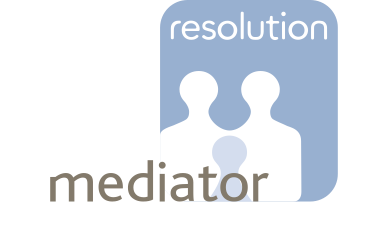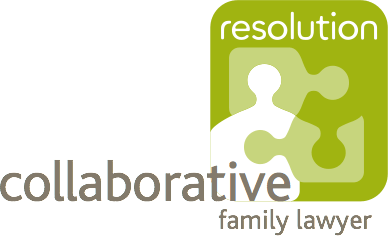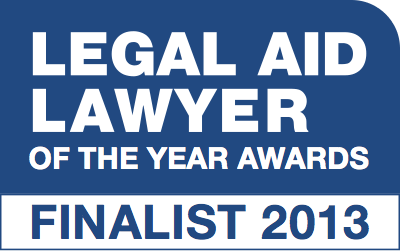Keeping Your Identity Safe
With the practice of fraud by impersonation becoming ever more frequent, clients are advised to take precautions to prevent being taken for a ride by thieves. Sorting out the problems caused by impersonation fraud can be an arduous and stressful procedure. Prevention is far better than cure.
Two of the most common frauds are 'skimming', in which credit card details are stolen and used to buy goods by use of a counterfeit card or by mail order, and identity theft, in which goods are obtained on credit after the 'theft' of your identity.
Skimming occurs at the point at which you use your credit card and is very difficult to stop. It is particularly common in some popular holiday destinations. Precautions you can take are:
- Use a credit card, rather than a debit card where possible: at least then you won't find that you cannot withdraw cash because your account has been overdrawn;
- Don't let your credit card out of your sight if you can avoid it;
- Cover tour hand when you put the pin in usainf a cash point or pin terminal;
- Do not attempt to use a cashpoint or pay by credit card unless you are sure the machine is legitimate;
- Never give your PIN number to anyone else;
- Never give card details to any telephone enquirer;
- Check your bank statements and credit card statements carefully;
- Make a note of all your credit card etc. details and keep it in a safe place; and
- Include the telephone numbers of the card companies, so that you can put a stop on a card as soon as something is amiss.
Identity theft is, in theory, easier to stop. In this case, the fraudster will obtain details about you (your address etc.) and apply for credit in your name. It is surprisingly easy, as the information necessary to establish credit can often be stolen from the contents of your dustbin.
The easiest way to minimise this risk is to make sure you never give out personal details to anyone you are unsure should have them and also to shred all paper waste that contains your personal details. This should include offers of credit cards etc. which are sent as advertising flyers.
It is also sensible to check credit card and bank statements carefully. If you are denied credit terms when there appears to be no good reason, you should beware – this is often a sign that attempts have been made to obtain credit using your address.
If you think you may be the victim of identity theft you can check with a credit reference agency (such as Experian) to see if credit searches are being undertaken by finance houses. Applications for credit normally attract a credit search, so this can be a valuable early warning. If your suspicions are well-founded, inform the Police immediately.
Any email from any source (eg your bank or HM Revenue and Customs) which requests any confidential information (such as your pin code or bank account details to be confirmed) should be treated with the greatest suspicion. Never open attachments from unknown sources and always make sure your internet security system is up-to -date..
If you use social media, it is worth checking your safety settings carefully. in some cases GPS information may be attached to a picture you post - enabling a viewer to find the location from which the picture was posted within a radius of 30 metres.
For advice on avoiding identity theft, see the ICO website.
In May 2018, new legalislation was introduced which will add additonal protections to consumers under the General Data Protection Regulation, which imposes significant new responsibilites on anyone holding your personal data.Early signs are that infringements of the law relating to data protection rights of individuals are being rigourously enforced where transgressions are found.








